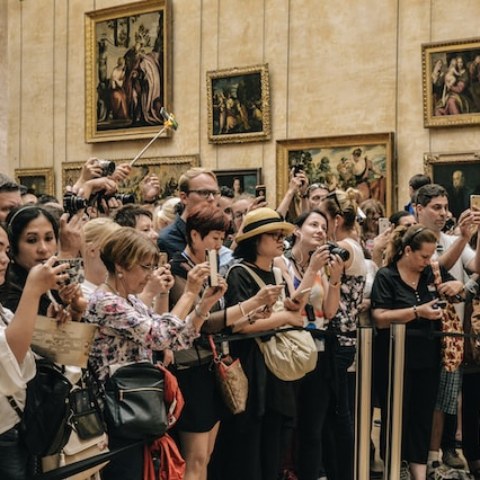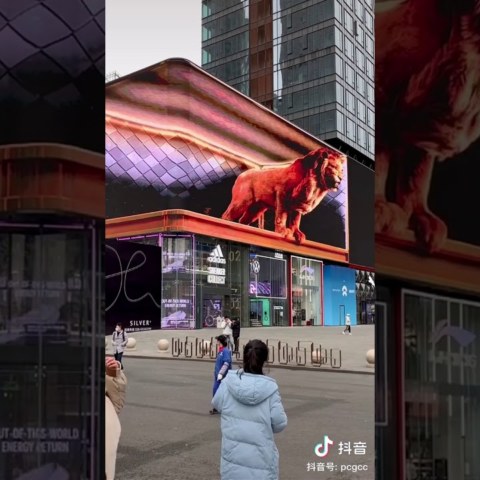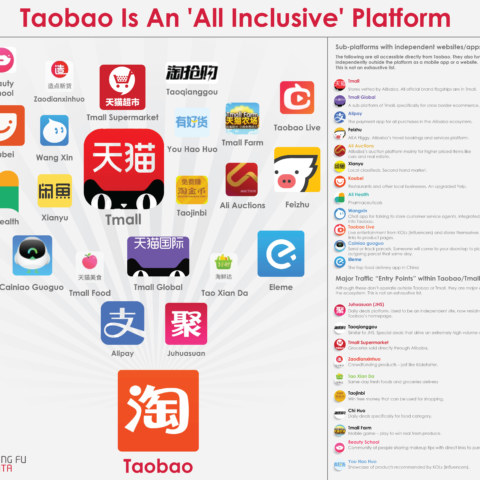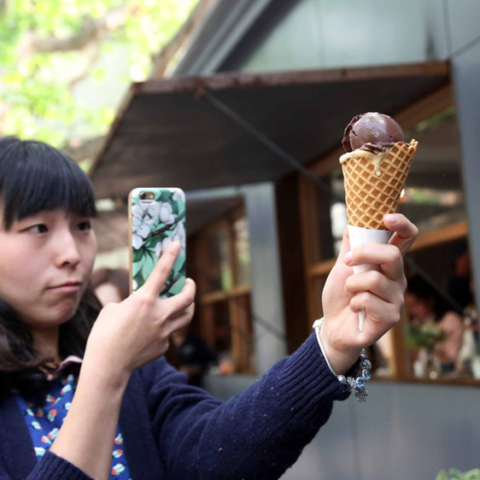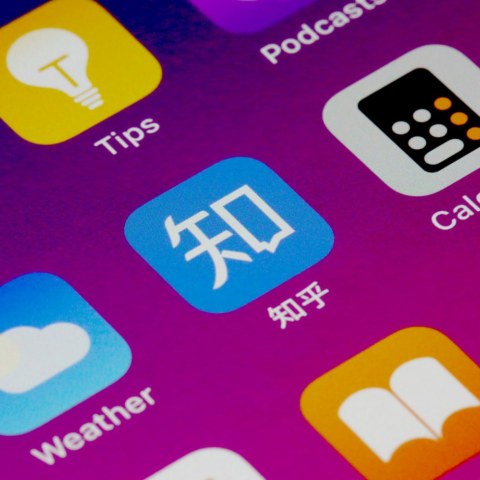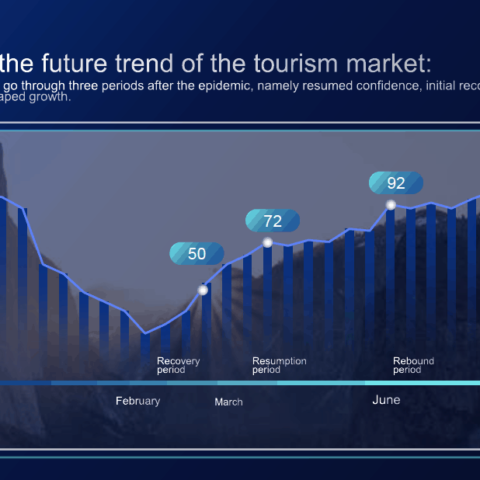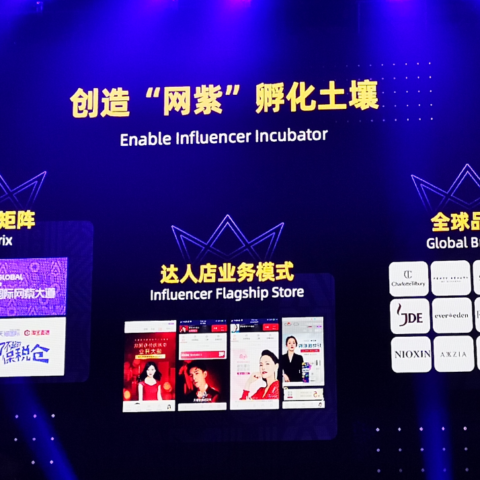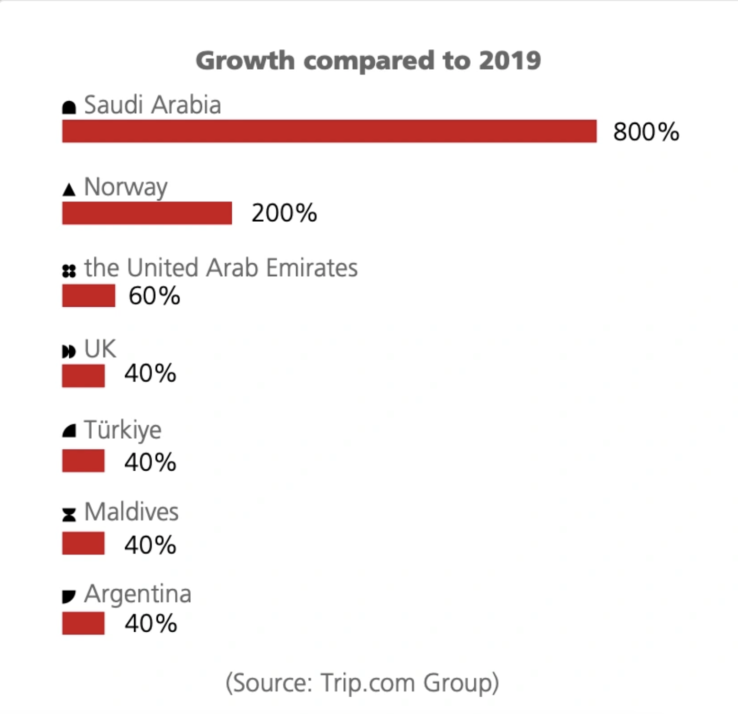Booming Chinese Outbound Travel Market
How Luxury Brands Can Capture the Booming Chinese Outbound Travel Market
ITB China Travel Trends Survey Reveals a Robust Recovery in China’s Outbound Travel Market
The Chinese outbound travel market is experiencing a remarkable rebound, largely driven by younger generations with a penchant for adventure. But where are these travelers heading?
According to ITB China’s Travel Trends Report, the number of outbound Chinese tourists surpassed 87 million in 2023 and is expected to reach 130 million in 2024. This recovery signals a promising future for international tourism and luxury retail.
Key Insights from ITB China’s Travel Trends Report
- Optimistic Market Outlook: Surveying over 1,000 buyer representatives, 75% of respondents believe their outbound business will return to or surpass 2019 levels by the end of 2024.
- Younger Generations Lead the Charge: The post-1990s and post-2000s cohorts are the driving force behind this resurgence, thanks to increased financial independence and a thirst for new experiences.
- Ongoing Challenges: Visa issuance and flight capacity constraints remain hurdles but have not dampened overall optimism.
Chinese Tourists’ Preferences: New Horizons
The younger and more educated demographic dominates the outbound market, with travelers aged 22 to 41 making up nearly 83% of this group. Key travel preferences include:
- Nearby Visa-Free Destinations: Countries like Singapore, Thailand, and Malaysia saw a 30% increase in trips during the 2024 Lunar New Year. Hong Kong, Macau, Japan, and South Korea also reported growth.
- Medium and Long-Haul Travel: Destinations like Saudi Arabia (+800%), the UAE (+60%), Türkiye (+40%), and the Maldives (+40%) recorded significant growth. Europe is poised to attract more Chinese tourists in 2025, with popular destinations such as France, Spain, and Greece, alongside emerging spots like Serbia and Montenegro.
Travel Themes Shaping the Market
Survey data reveals the most popular travel themes for Chinese tourists:
- Sightseeing and City Walks: Preferred by nearly half of the respondents.
- Family Holidays: A key motivator for travel planning.
- Cultural and Study Tours: Highlighting a growing interest in immersive experiences.
- Specialized Experiences: Snow aurora-themed tours, island holidays, gourmet tours, adventure travel, and spa and wellness packages.
The Role of Digital and AI in Travel Planning
Luxury and travel brands must adapt to the digital-first approach of Chinese consumers. Platforms like WeChat, Douyin, and Xiaohongshu are central to trip planning and bookings. Moreover, the integration of artificial intelligence (AI) is revolutionizing the travel industry:
- Personalized Experiences: AI tools like ChatGPT predict traveler preferences and offer tailored recommendations.
- Enhanced Operational Efficiency: AI-powered chatbots streamline services such as booking and check-ins, while fraud prevention systems optimize revenue management.
Actionable Strategies for Travel and Luxury Brands
- Localized Offerings: Tailor experiences to regional preferences, leveraging data insights to create targeted campaigns.
- Collaborate with Influencers: Partner with key opinion leaders (KOLs) to build trust and boost brand visibility.
- Leverage AI for Customization: Use AI-driven tools to deliver personalized experiences at scale, enhancing customer satisfaction.
- Explore “Tourism +” Concepts: Blend travel with niche activities like golf, duty-free shopping, or adventure sports to cater to specific interests.
The ITB China report underscores the importance of understanding the evolving preferences of Chinese travelers. For brands ready to embrace digital transformation and cater to a younger, adventurous demographic, the opportunities in the outbound travel market are vast and growing. Contact us for advise
Leave a Comment

